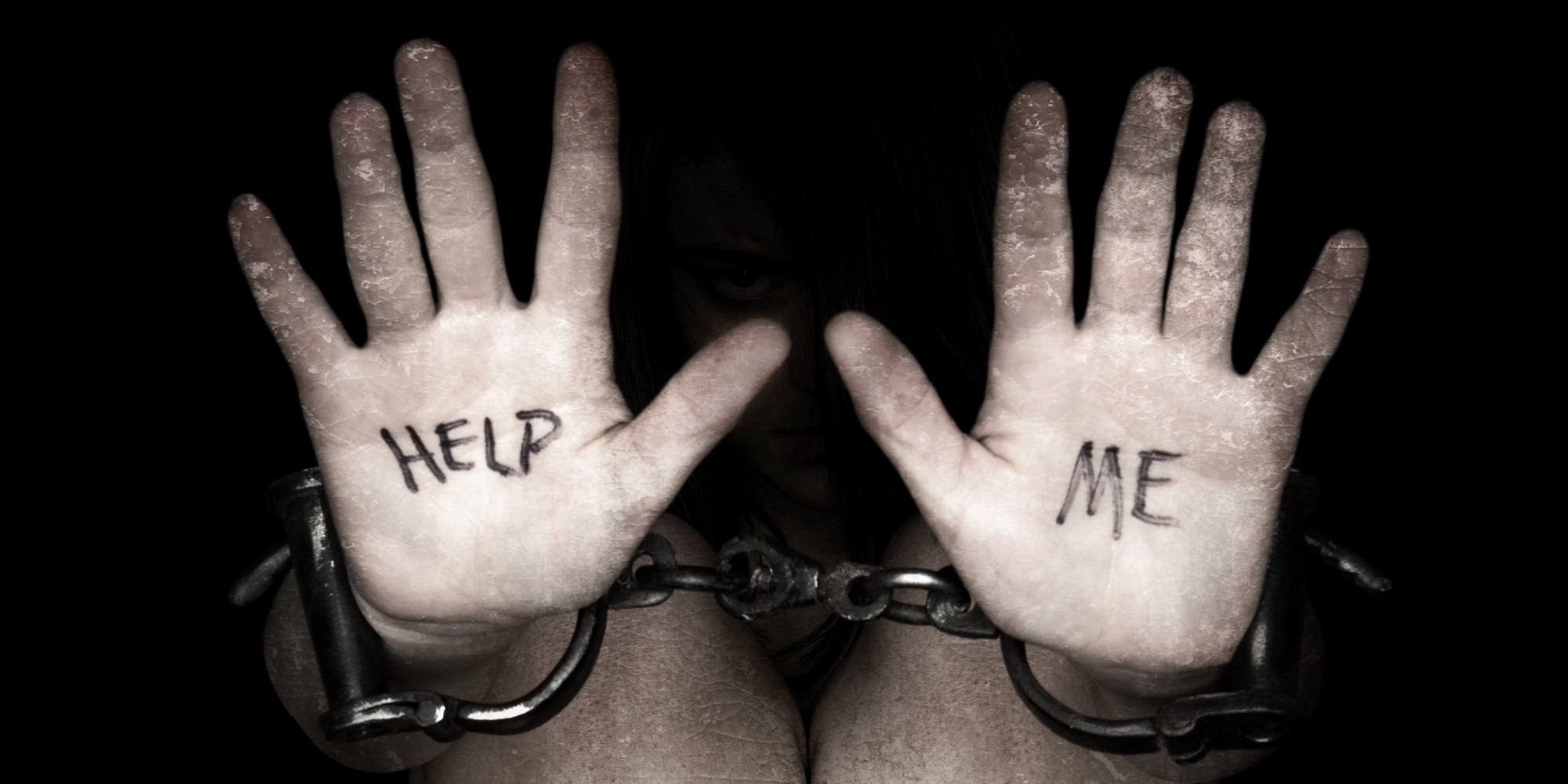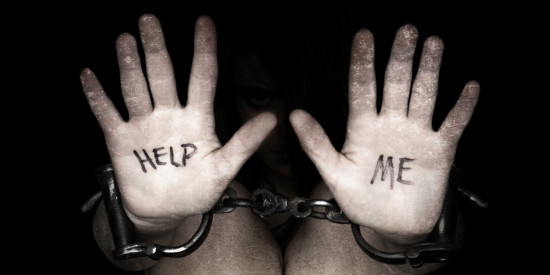

By Naomi Gish
“The fear is so incredible and they don’t leave because of it,” said Labor trafficking specialist Jennifer Williams, who works on a task force with other officers.
Williams, along with Detective Megan Bruneau of the Seattle Police Department presented a talk on the issue of trafficking at Studium Generale to a full house Jan. 28.
The event was sponsored by Soroptimists of Port Angeles, whose mission is to empower women and girls, targeting student aged people.
Trafficked Labor talks
Human Trafficking detective Bruneau, who is from Port Angeles and graduated from Port Angeles high school, said that, “In movies we talk about sex-trafficking, we’re here to talk about the other kind. Labor trafficking.” Her position is grant-funded, so it allows her to do direct service with trafficked people.
In their talk the two officers defined trafficked labor as coercion, or even being forced into work against one’s will, or promised work and wages other than what they turn out to be.
Because of language barriers or other communication issues, it is rare for a victim to come forward on their own to report their traffickers.
During the presentation, detective Bruneau steered clear of statistics because, as she repeated many times, the current situation in our area, including the Seattle area, is unclear.
“The truth is we don’t know, and we don’t know because it’s hidden. We are only reactionary at this point,” Bruneau said.
Efforts to help women
The department takes a victim-centered approach and handle trafficking victims individually because every person has a different story and completely different predicament as to how it happened to them. “We often believe it’s only the under-privileged, poor, and uneducated that get caught in this when in reality, [from other countries are trafficked ] well-educated people who are forced into working in positions other than what is their field.”
Patty Rosand of Soroptimist offered more information about at-risk women in our area saying, “We need to be aware of the problems facing women in our community and offer assistance. It can be dangerous for women to help themselves. There are lots of agencies in our community to help them.” The Rose House in Port Angeles is one of the agencies and acts as a transitional place for women and children who have escaped troubling situations and abuse.
“Often the girls carry $1.67 – exact change for two bus rides, there and back, so when they are stopped by a police officer they can show that they have a valid reason to be loitering” Britainy Gurr said, a Peninsula College student and certified counselor of women who have been coerced into prostitution.
Gurr got involved with the effort to help these women when she researched another part of the world that was heavily involved in the sex-trafficking industry, only to find it existed in her own back yard.
“Seattle is the number one city for sex-trafficking in the United States and most people are shocked when they hear that,” Gurr says. Working with a center called the Genesis Project in Seatac Washington, she relates that it was started by two Seattle Police Department officers who saw the problem of forced prostitution first hand and wanted to provide an option for women who were caught in the business. When an officer picks up a girl for prostitution in Seattle he offers her the option to stay for twenty-four hours in the Genesis Project Center and talk to a counselor who conversationally asks questions about the girls in a low-pressure atmosphere.
An inside look
The girls who are in prostitution in the Seattle area are mostly young local girls who were recruited even by someone their own age at school.
“These girls are, overall, brainwashed into this work. They really believe that their pimp really loves them, and so they do what he wants,” Gurr said, “He’s not gonna buy you a ring!”
The presenters of the Studium brought up the specific case of U.S. Vs. Almeda.
A Filipino woman working a low wage job in the Philippines was brought to the U.S. through a mutual friend to take care of an elderly man, and slipped through the customs process, being made to work in several homes of a rich family.
She was made to work 12 to 16 hour days for more than a year, was never allowed outside and was fed very little. It was finally reported by neighbors who were able to get her out of the situation.
On how we as a school and community can fight the hidden battle, Gurr said, “Be aware of your surroundings. You just don’t know.”
“A lot of women don’t protect themselves and aren’t aware of their surroundings it’s sad we have to, but it’s necessary.
“Men should be more conscious of other men, more responsible for their sex. It will become less of a problem if we talk about it, we will be less likely to find dishwashers in Indian restaurants and we will be less likely to find girls on the street.
“We need to become more aware that it is a huge problem. Slavery isn’t over,” Gurr said.
